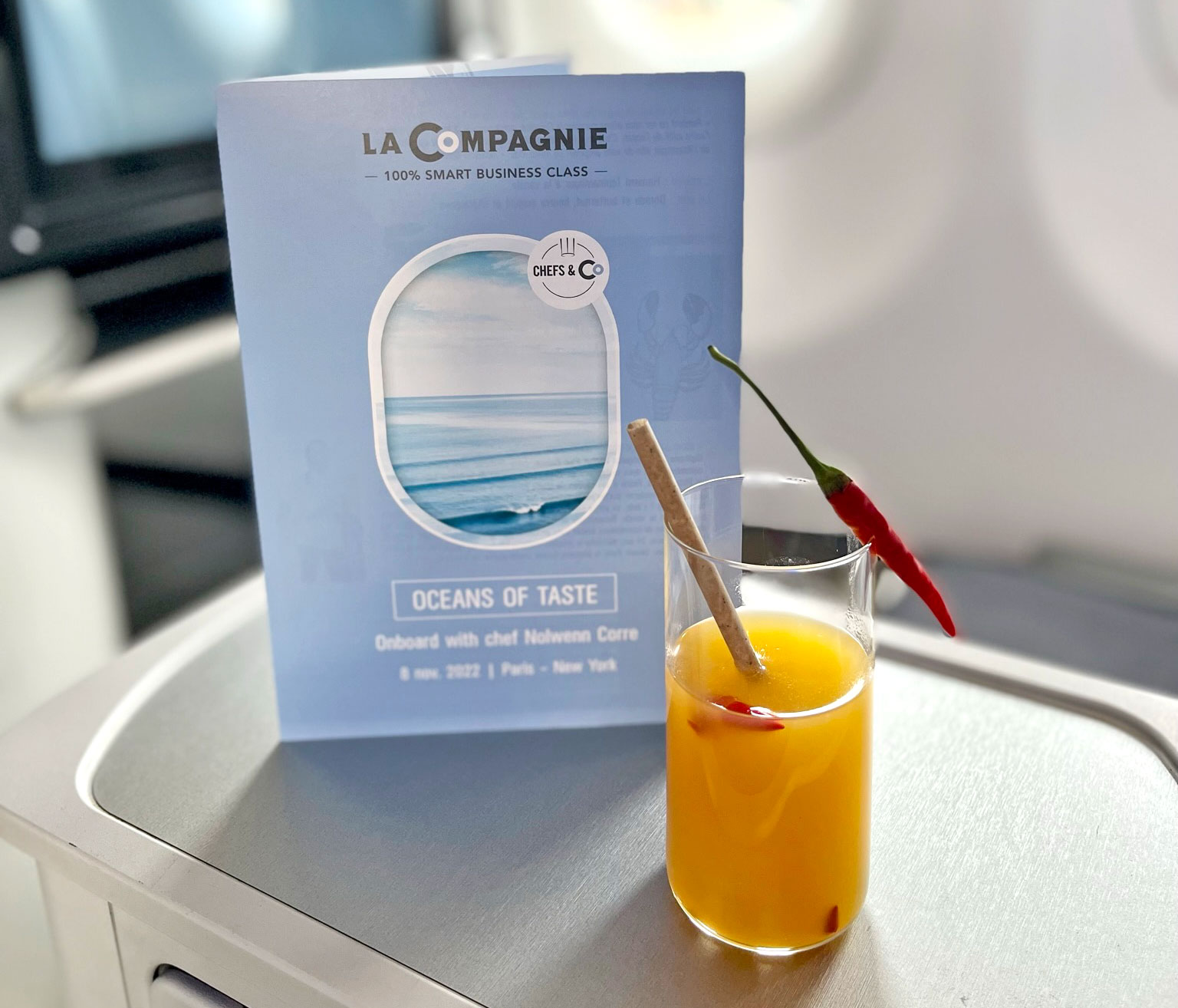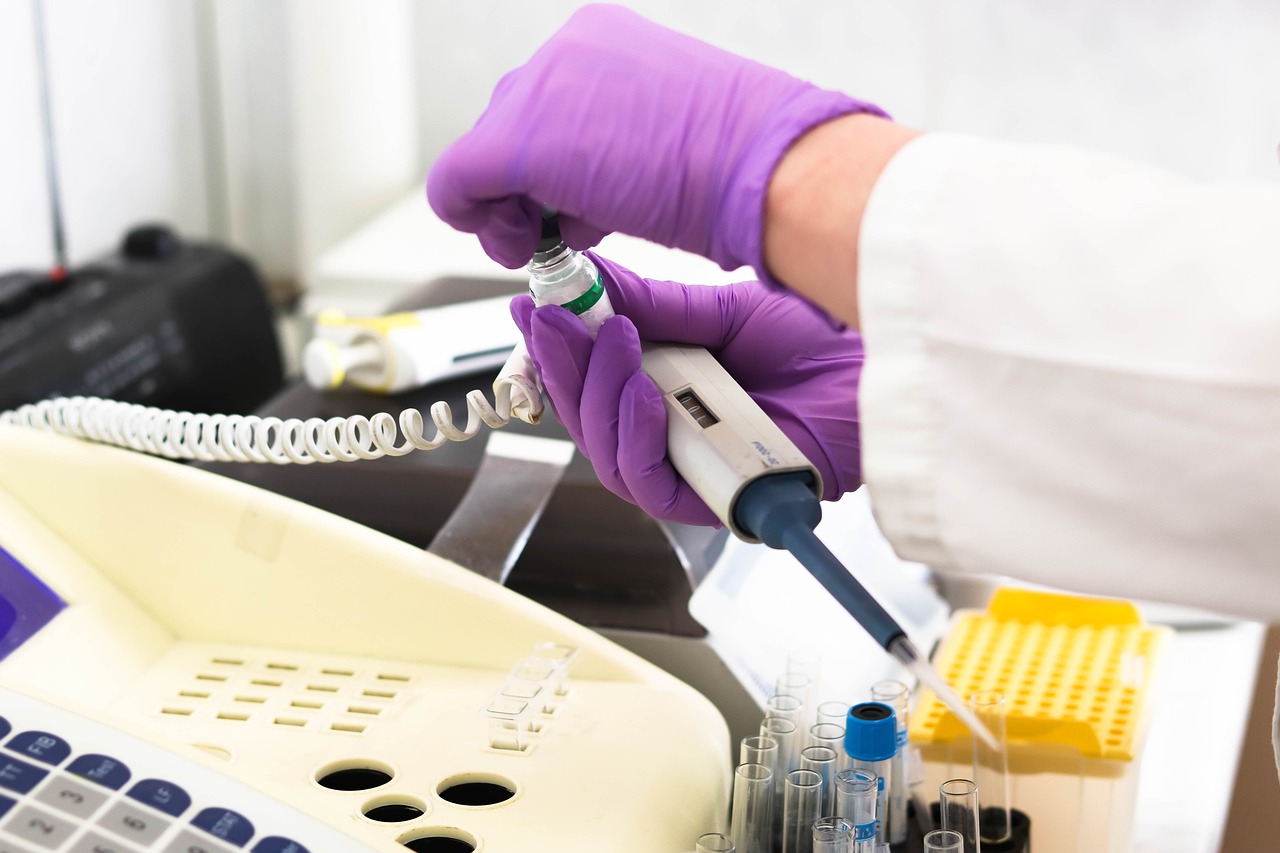[ad_1]
Using pure sources reminiscent of water in meals manufacturing is a sustainability problem that continues to be on the radar of many farmers, meals processors and customers. In lots of areas of the world, water shortage is on the rise because the demand for meals manufacturing will increase.
In 2019, the U.S. Division of Agriculture (USDA) reported that agriculture remained a significant person of contemporary water in america and that the 2017 Census of Agriculture reported that there’s a complete of 58 million acres of irrigated cropland within the U.S. USDA goes onto observe that sustainable irrigation and water use practices are on the core of managing meals manufacturing effectivity and accountable pure useful resource utilization. What do these water saving practices in our meals system entail? Let’s check out farm and meals processing plant actions to be taught extra.
Water and Farming Do Combine
After all, rising crops wants a notable quantity of water to make sure productiveness, however farmers goal to not waste any. A part of correct crop-growing and smart water use is linked to advances in irrigation methods, which permit water to maneuver from one location to the following. Water not absorbed into the bottom for crops can acquire on the low finish of furrows, border strips and basins. This wastewater can be known as irrigation tailwater. A certain quantity of tailwater runoff is required to make sure enough penetration of water and irrigation effectivity, however the further tailwater may be safely reused. One other supply of agricultural wastewater, albeit a bit extra oblique, is runoff from centralized plant services processing crops harvested from the sphere.
Each of those sources of wastewater may be reclaimed and used on neighboring farms or on the farm the place it was generated. Wastewater that collects on the low finish of furrows can be utilized for the irrigation of fields at decrease elevations with out filtration or purification remedies and with out pumping. With pumps and assortment techniques, the runoff may be saved in ponds for later reuse as wanted.
Agricultural wastewater from processing vegetation usually incorporates a big quantity of natural matter, which can should be diligently filtered out and/or inactivated to make sure the protected reuse of the water. Some water can’t be reused and should be handled for disposal—the Environmental Safety Company units strict standards for discharge of wastewaters from industries. Within the choose circumstances the place wastewater can be utilized for soil conditioning and irrigation, the water might help farmers enhance the soil’s natural content material, moisture-holding capability, nutrient content material and productiveness. Nonetheless, utility of those wastewaters to the fields should be executed with nice care to keep away from runoff and groundwater contamination.
Course of, Save Water, Repeat
Farther from the farm, many meals and beverage manufacturing vegetation reuse course of wastewater onsite whereas nonetheless sustaining security and high quality. The vast majority of wastewater in meals manufacturing services is utilized in non-food contact contexts, reminiscent of irrigation of landscaping, truck washing, cooling towers and warehouse ground washing. Nonetheless, in some circumstances water may be reused in boilers, evaporators or chillers. Relying on how the water might be reused, it could require processing steps in an effort to stay protected.
For beverage producers together with breweries, dairies, and delicate drink, juice or bottled water vegetation, there are extra alternatives to securely reuse course of waters, just because these merchandise are made principally of water. Each meals and beverage firms make use of water use monitoring techniques (reminiscent of movement meters and leak detection techniques) and may calculate their water-use ratio (the quantity of water to provide a product versus the water contained within the remaining product) to see the place the water goes within the plant and to reduce any waste.
No Waste, No Foul
Using these strategies on the farm and in manufacturing services can have a huge impact on conserving pure sources in our meals provide chain. Not solely do these reuse methods save water, however in addition they preserve vitality, which water processing firms use to purify and pump water to farms and services, and in addition to deal with sewage.
They add as much as good issues for a dependable meals provide, and nice issues for the atmosphere. We will all increase a glass (of water) to that!
[ad_2]
Source link




















